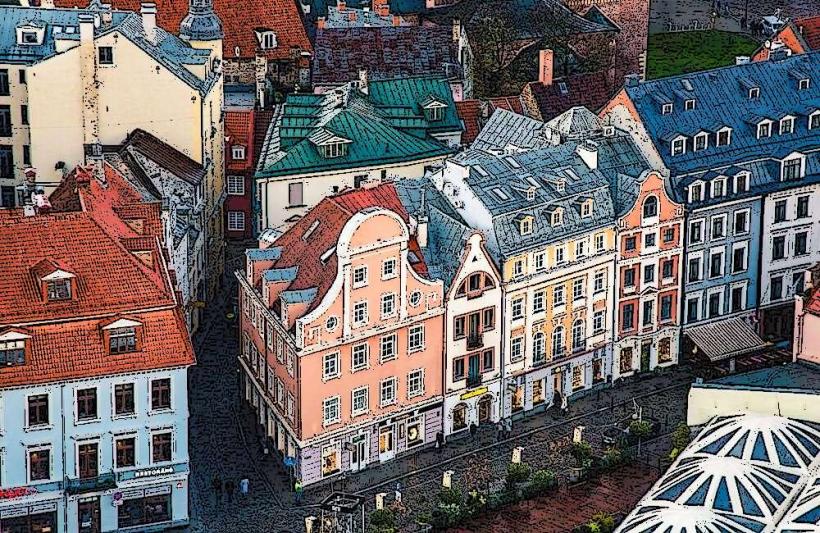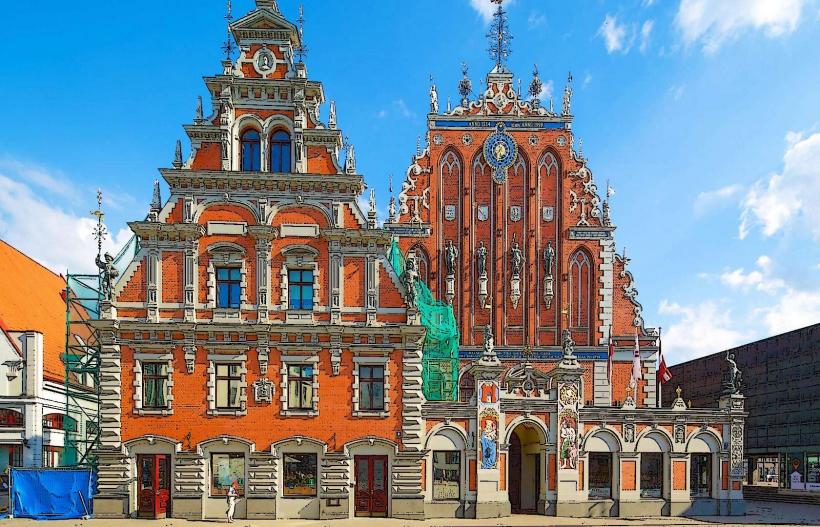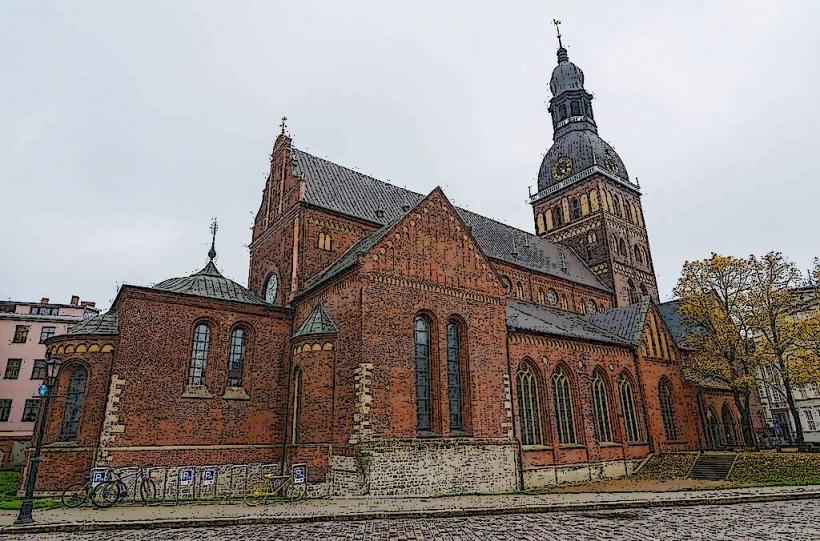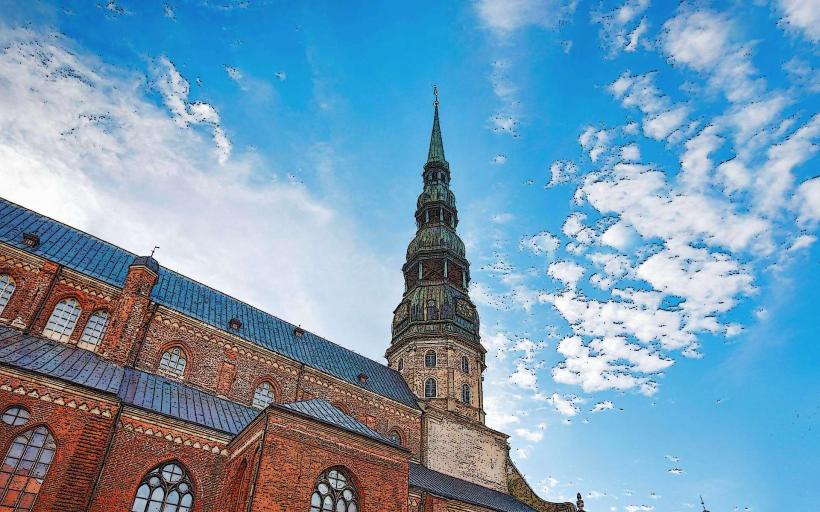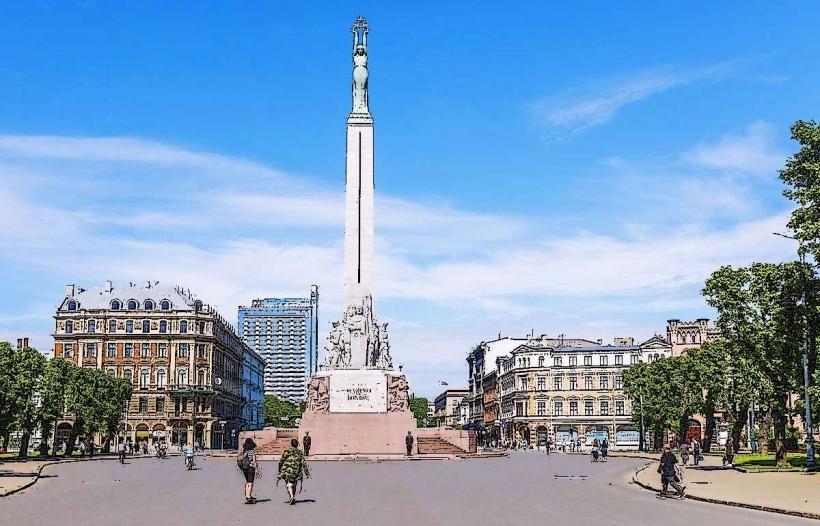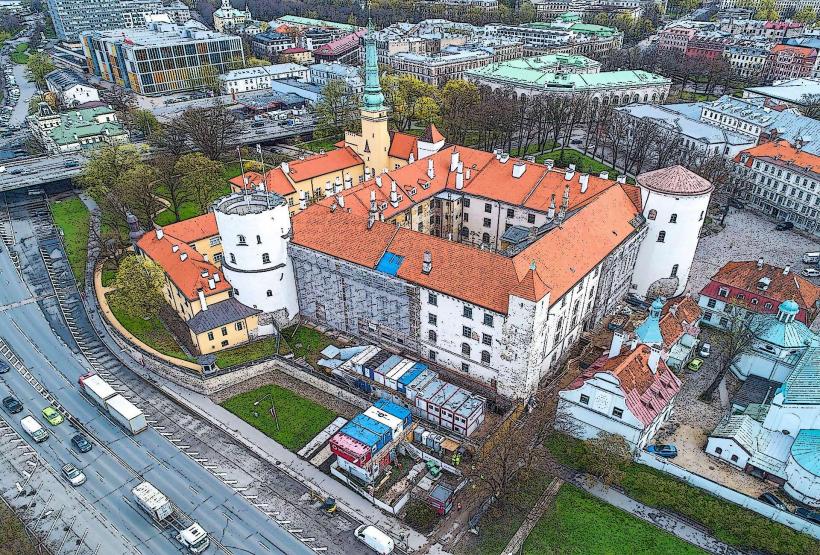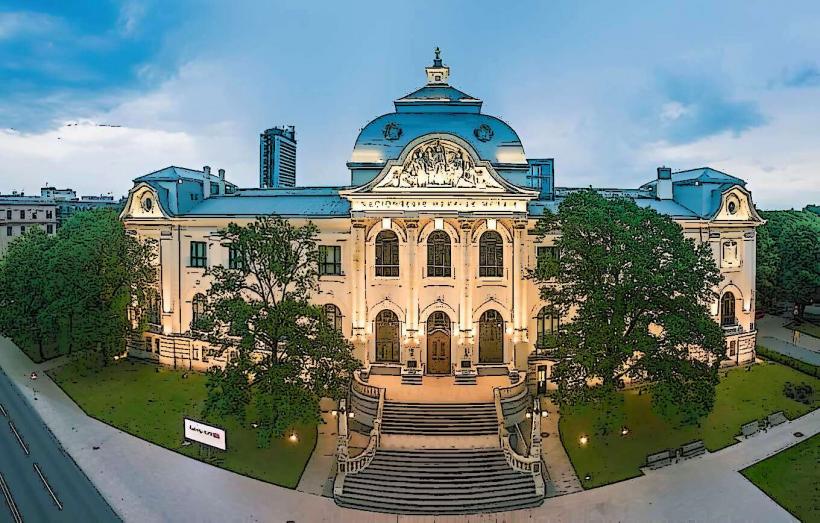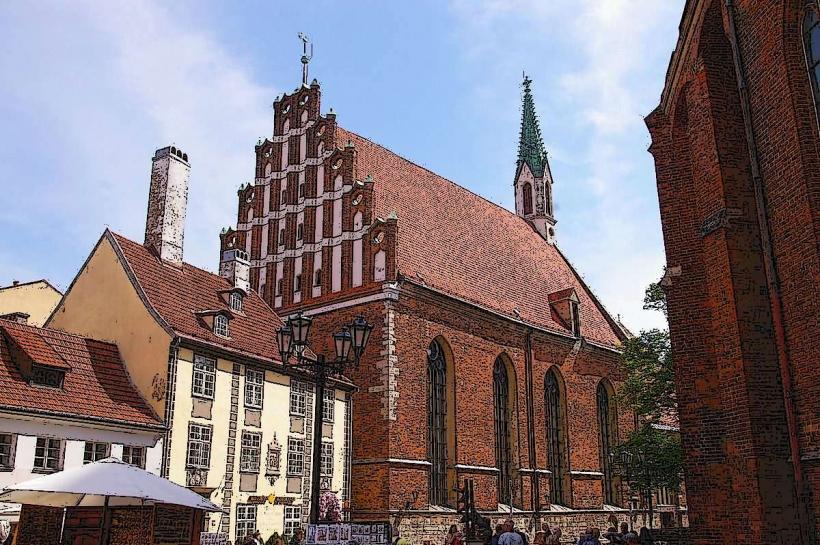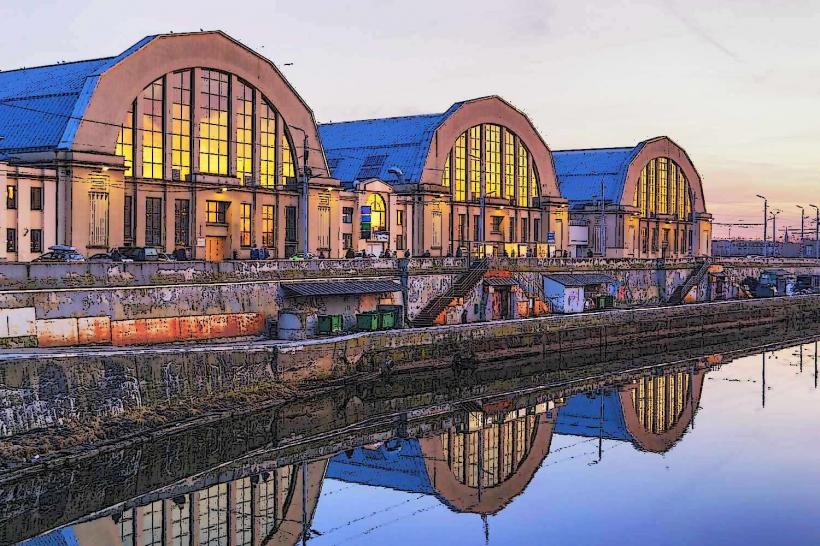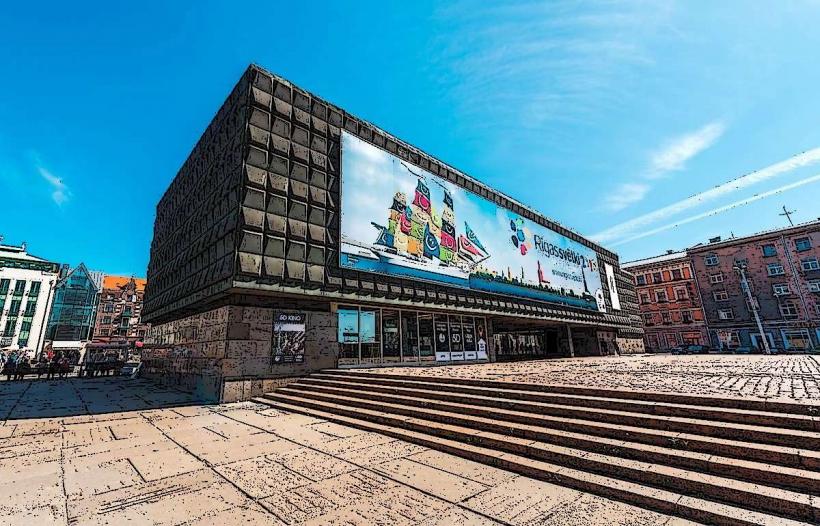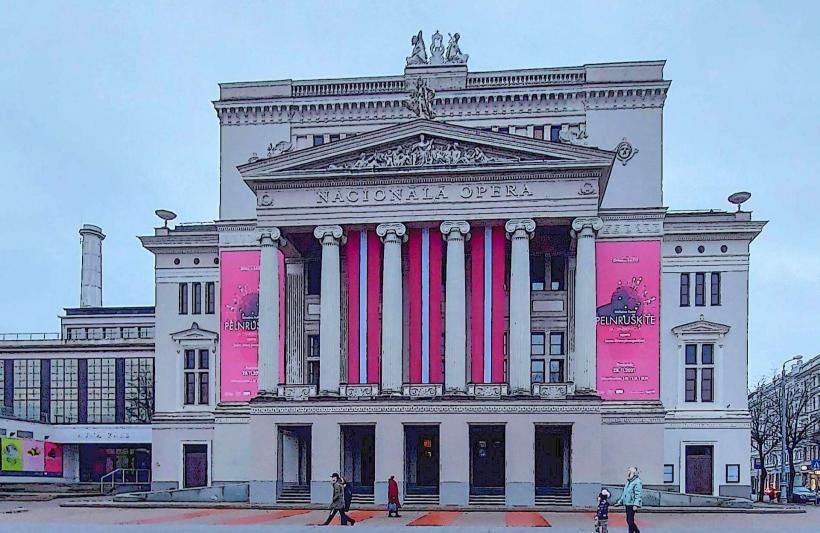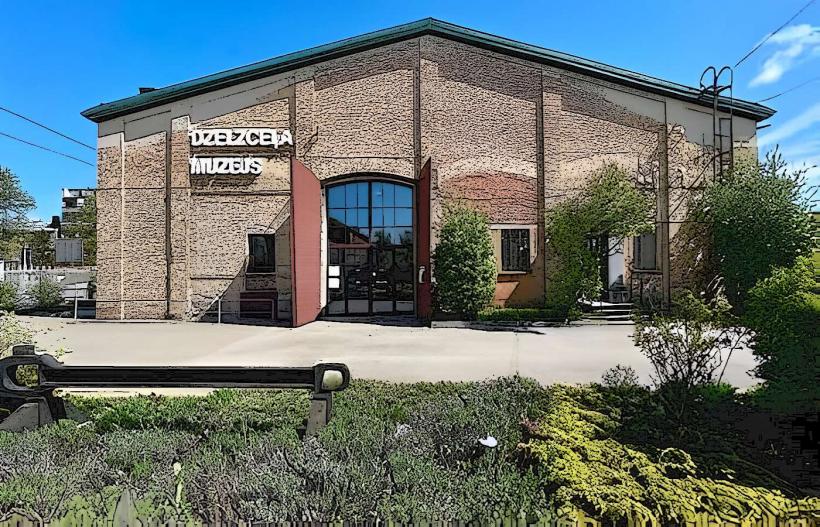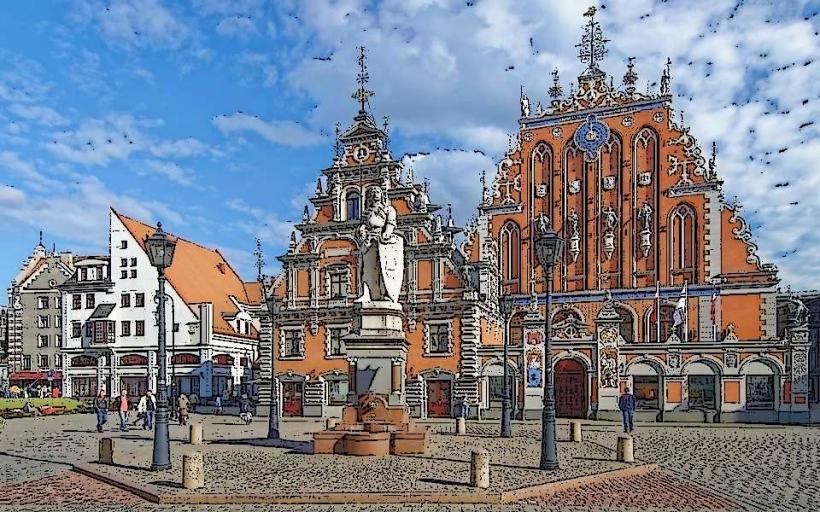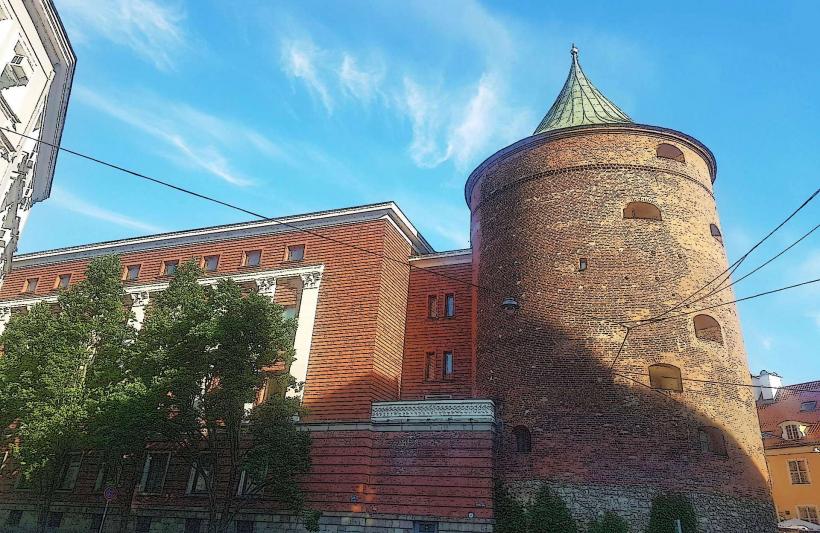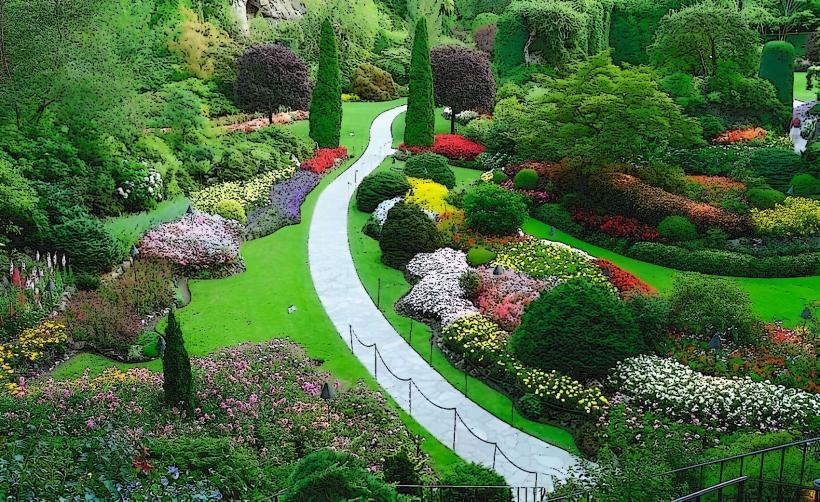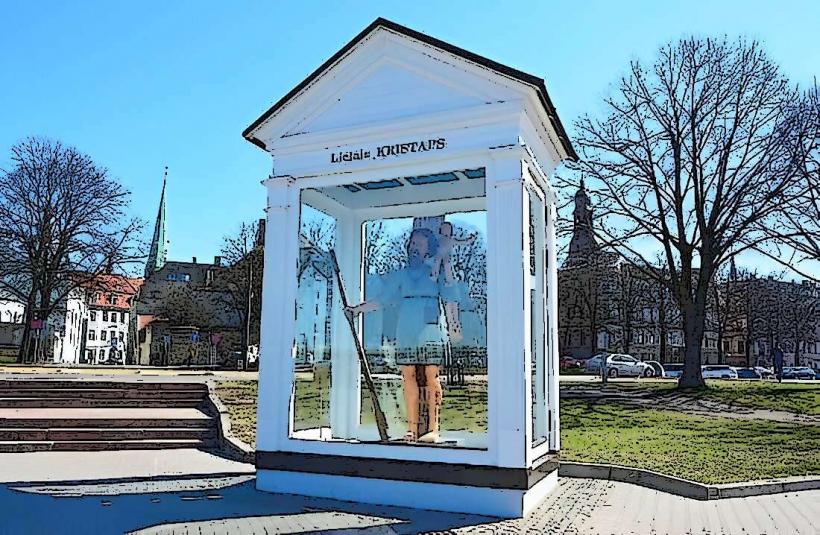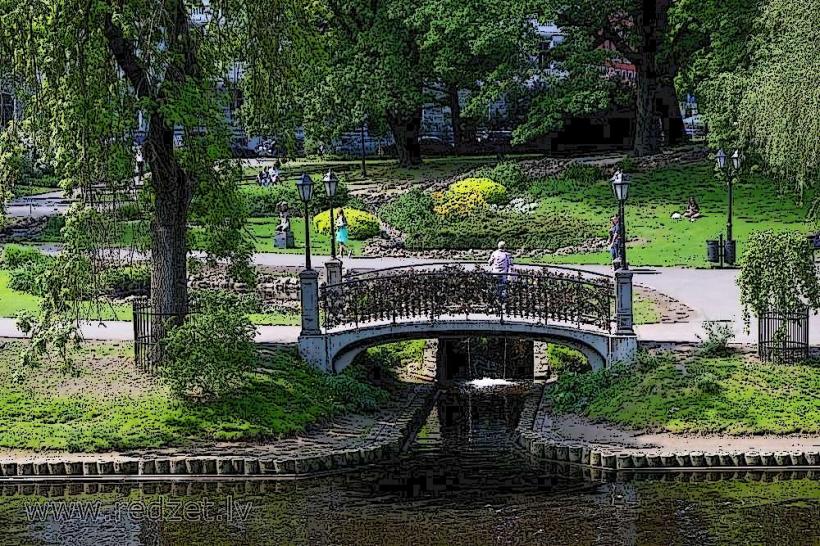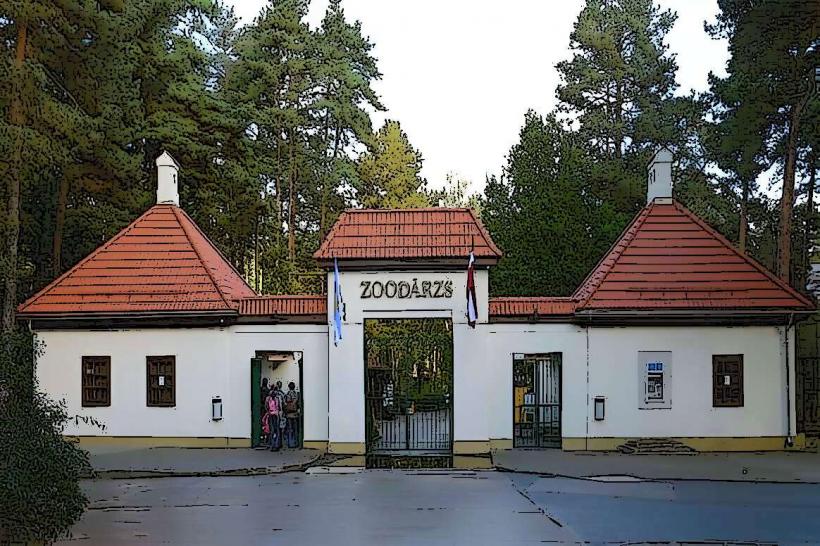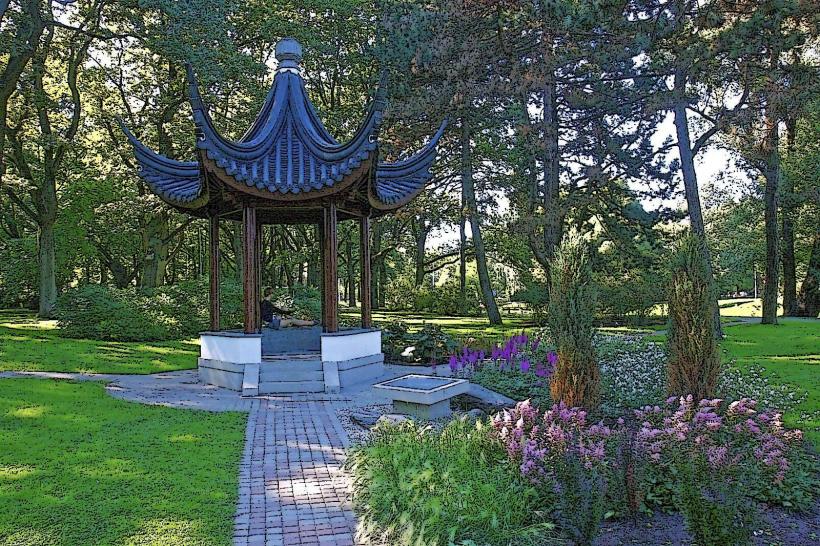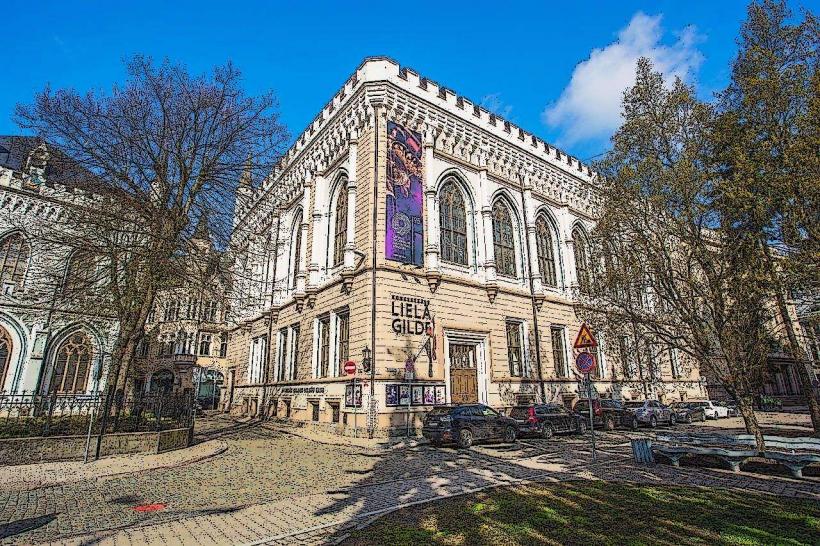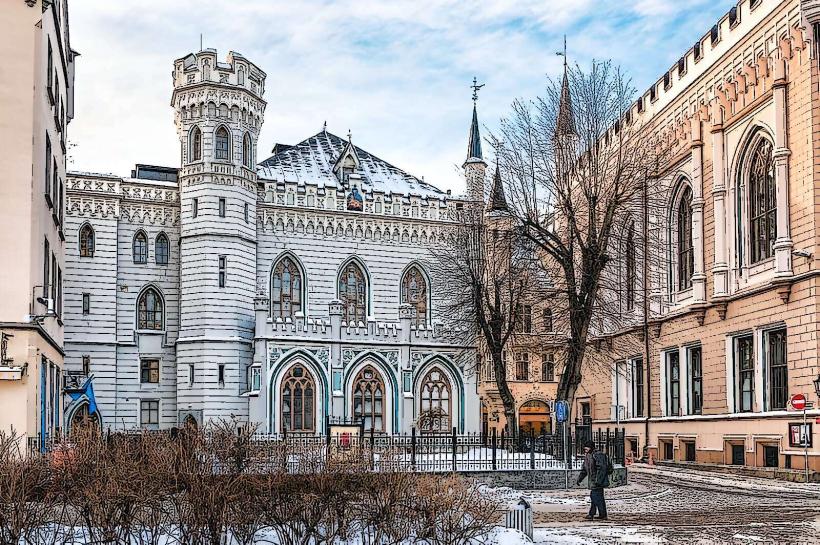Information
Landmark: Latvian Ethnographic Open-Air MuseumCity: Riga
Country: Latvia
Continent: Europe
Latvian Ethnographic Open-Air Museum, Riga, Latvia, Europe
The Latvian Ethnographic Open-Air Museum (Latvian: Latvijas Etnogrāfiskais Brīvdabas Muzejs) is one of the oldest and most significant open-air museums in Europe. Located just outside Riga, near Lake Jugla, it offers visitors a unique opportunity to explore Latvia's traditional rural life and culture. The museum spans 87 hectares and is home to more than 100 historical buildings, including farmsteads, windmills, churches, and other structures that represent various regions and periods of Latvian history.
1. Historical Background:
- Foundation:
The museum was founded in Open-Air Museum in Open-Air Museum in Open-Air Museum in 1924, and its mission was to preserve and showcase the traditional architecture and way of life of Latvian rural communities. Over the years, the museum expanded to include a wide array of objects and buildings that represent the diverse regions of Latvia. - Historical Significance:
The museum was established at a time when Latvia was undergoing significant social and political changes, making it an essential effort to document the country’s rural heritage and traditional craftsmanship.
2. Museum Layout and Exhibits:
A. Traditional Architecture:
The museum is an open-air exhibition of traditional Latvian architecture that includes authentic rural buildings moved from various parts of Latvia to be preserved and showcased in the museum.
- Farmsteads and Houses:
The museum displays examples of traditional wooden Latvian farmhouses from different regions of the country. Visitors can explore the distinctive architectural styles that vary according to the specific needs and resources of each region. - Windmills:
Several traditional windmills can be found at the museum, which were once essential to Latvia’s rural economy for grinding grain and producing flour. - Bathhouses (Pirts):
Pirts, or traditional Latvian saunas, are an important part of Latvian culture. The museum showcases these bathhouses to demonstrate their role in Latvian rural life and their cultural significance.
B. Historical Artifacts and Crafts:
- Folk Art and Tools:
The museum’s exhibits also feature a wide range of traditional tools, utensils, and textiles used in everyday rural life, showcasing the skills and craftsmanship of Latvian peasants. - Traditional Clothing:
Displays of traditional Latvian folk costumes are part of the museum's collection, offering insight into regional variations and the cultural significance of these garments. - Agricultural Practices:
The museum illustrates the agricultural tools, methods, and practices that were essential to life in rural Latvia, including crop cultivation, animal husbandry, and more.
C. Thematic Areas:
The museum is divided into several thematic sections that represent different aspects of rural life:
- Latvian Farmstead:
A representation of a typical Latvian farmstead, including a house, barn, garden, and outbuildings. This area highlights how families lived and worked in rural Latvia. - Fishing and Water-Based Culture:
The museum has a section dedicated to Latvia’s historic relationship with water, showcasing traditional fishing boats and watercraft. - Industrialization:
There is an area showing the transition from traditional rural crafts to industrialized processes, including early examples of tools and machinery.
3. Seasonal Events and Activities:
- Folk Festivals:
The museum hosts a variety of folk festivals throughout the year, celebrating traditional Latvian music, dance, and customs. Events like the Jāņi Festival (celebrating the summer solstice) feature traditional performances, rituals, and the preparation of Latvian foods. - Craft Demonstrations:
Visitors can witness live craft demonstrations where artisans show traditional methods of weaving, pottery making, blacksmithing, and woodworking. - Farmyard Animals:
The museum also includes demonstrations of traditional farming techniques, with farm animals such as horses, cows, and chickens roaming the grounds.
4. Visitor Experience:
A. Walking and Exploring:
- Self-Guided Tours:
The museum is designed for exploration at your own pace, and visitors can walk along the museum's many paths to discover different buildings and exhibits. - Guided Tours:
Guided tours are available in multiple languages, offering in-depth explanations of the historical and cultural significance of the exhibits and the buildings. - Educational Programs:
The museum offers educational programs for schools and visitors of all ages, allowing for hands-on experiences with traditional crafts, farming techniques, and cultural practices.
B. The Museum's Natural Environment:
- The museum is set in a picturesque location, with natural beauty surrounding the historic structures. Visitors can enjoy walking through forests, along lake shores, and through areas that represent the diverse landscapes of Latvia’s rural areas.
- The natural surroundings also offer a tranquil setting for relaxation and reflection.
5. Practical Information:
- Location:
The Latvian Ethnographic Open-Air Museum is located about 10 km from Riga's city center, on the shores of Lake Jugla. It is accessible by car or public transport (buses and trolleybuses). - Opening Hours:
The museum is open year-round, with extended hours in the summer months. It is closed during certain holidays, so it's a good idea to check the official website for specific opening times. - Admission:
Admission fees vary depending on the season and visitor type, with discounted rates for students, seniors, and groups. There may also be special rates for events or festivals.
6. Why Visit the Latvian Ethnographic Open-Air Museum?
- Cultural Heritage:
The museum offers a rich and immersive experience of Latvia’s rural history, providing insight into traditional Latvian life, customs, and craftsmanship. - Family-Friendly:
With its interactive exhibits, festivals, and animal demonstrations, the museum is an excellent place for families to explore Latvian history in a hands-on and engaging way. - Peaceful Setting:
The museum is situated in a beautiful natural setting, allowing visitors to experience Latvian history amidst the tranquility of nature.
7. Conclusion:
The Latvian Ethnographic Open-Air Museum is a must-visit destination for anyone interested in Latvian culture, history, and traditions. Whether you’re a history enthusiast, a nature lover, or simply someone looking to immerse themselves in Latvia's rural heritage, this expansive museum offers a captivating journey through the past and a deeper understanding of Latvia's way of life.

